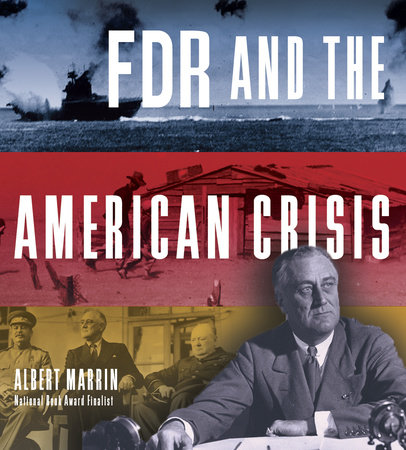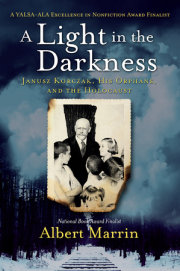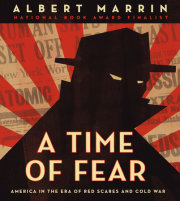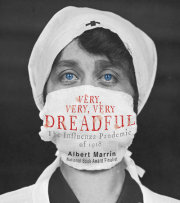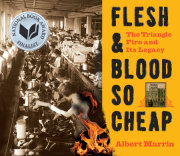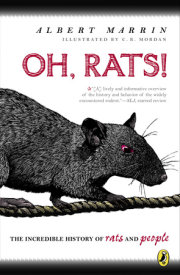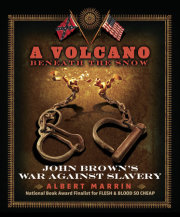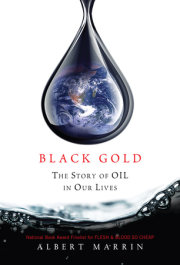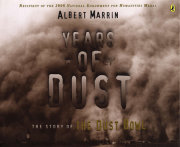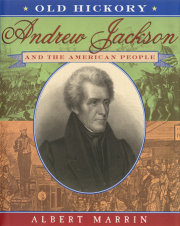His father and I always expected a great deal of Franklin. We thought he ought to take prizes, and we were not surprised when he did. After all, he had many advantages that other boys did not have.
--Sara Roosevelt, My Boy Franklin (1933)
A Privileged Childhood
Hyde Park, the Roosevelt estate, is in walking distance of the village of Hyde Park. Located in Dutchess County, on the east bank of the Hudson River, the village lies seventy-five miles north of New York City. On the evening of January 30, 1882, James Roosevelt sat at his desk in the library of his estate overlooking the river. On this bitter cold night, snow lay deep on the ground, and ice floes in the river sparkled in the moonlight like flecks of silver.
At once happy and relieved, James reached for a steel-nibbed pen as he opened his wife Sara’s diary. Turning to a fresh page, he wrote, “At quarter to nine my Sallie had a splendid large boy, but was unconscious when he was born. Baby weighs ten pounds without clothes.”
It was a close call, as mother and child nearly died. Sara had gone into labor twenty-four hours earlier, but had trouble giving birth. She was in such agony that the doctor administered chloroform to knock her out. He gave too much. When her baby finally arrived, it was not breathing. Quickly, the doctor grabbed the newborn and began blowing into his mouth, forcing air into his lungs until he began to breathe normally.
A few days later, once they were sure he would live, the grateful parents named their son Franklin Delano Roosevelt. Despite his birth ordeal, baby Franklin had a sweet disposition. Sara wrote that he “crows and laughs all the time” and was “always bright and happy” and “never cries.”
Franklin was born into a family whose roots lay deep in American history. In 1644, Claes Martenszen van Rosenvelt and his wife, Jannetje, sailed from Holland bound for New Amsterdam, a tiny Dutch settlement at the southern tip of Manhattan Island. Van Rosenvelt means “of the field of roses” in Dutch, but what the name had to do with roses is a mystery. Anyhow, within twenty years of the couple’s arrival, an English army under the Duke of York seized New Amsterdam. Overjoyed at the easy victory, His Grace renamed the colony New York in his own honor.
Claes was a practical man, more interested in making his fortune than battlefield heroics. Frugal and hardworking, he accumulated land, buildings, and money. Over the years, his sons and grandsons chose brides from equally frugal and hardworking families. In the process, the van Rosenvelt name changed to its English form, Roosevelt.
By the mid-1700s, the family had split into two branches. Its Hudson Valley branch settled near Hyde Park; the other made its home in New York City and Oyster Bay, Long Island. Both families gained respect for their wealth, public service, and patriotism. Isaac the Patriot, a Roosevelt ancestor, was among those who ratified the Constitution in 1788. The following year, he led George Washington’s horse in the first inaugural parade, held in New York City. In the twentieth century, both branches of the family would give America a president.
Baby Franklin’s mother was a Delano. Sara’s people counted themselves among the bluest of American blue bloods, their ancestors having come with the Pilgrims in 1620 aboard the Mayflower. Fiercely proud of her heritage, Sara boasted, “My son Franklin is a Delano, not a Roosevelt at all!” It was she who insisted on naming him Franklin Delano, after a childless uncle.
Friends said that Delano men had salt water, not blood, in their veins. Over the years, Sara’s family had grown wealthy by hunting whales for their fat, which, when melted and burned in lamps, lit the nation’s homes. Other Delanos owned merchant ships, trading American manufactured goods for Asian spices, silk, and tea. Warren Delano, Sara’s father, went into a less upright, but more profitable, business. He struck it rich selling opium.
In the 1820s, China had much to sell foreigners but bought little from them in return. From the Forbidden City, the imperial palace in Beijing, the emperor declared that China already had everything worth having. Thus, Chinese people must shun the “hairy monkey men” and “foreign devils,” as they called whites. British merchants disagreed, bribing Chinese officials to allow entry of opium, a highly addictive drug produced in British-ruled India. Though the emperor banned opium in his realm, in the 1840s British forces defeated China in the first of two conflicts called the Opium Wars. Before long, millions of Chinese became slaves to a drug that enriched foreigners, filling their strongboxes with silver and China with misery.
Warren Delano had no qualms about dealing in “black dirt,” as Chinese people called the tarlike opium they smoked in pipes. He wrote his family: “I do not pretend to justify . . . the opium trade [from] a moral . . . point of view, but as a merchant I insist it has been a fair, honorable and legitimate trade.” Selling opium, he claimed, was no better or worse than selling wine and whiskey.
The American Civil War made Warren Delano richer than ever. As the conflict raged, he imported huge chests of raw opium, which he sold to the Medical Bureau of the U.S. War Department at a handsome profit. Purified opium relieved the agony of gunshot wounds and amputations, though not without ill effects. A few injections turned wounded men into addicts, creating a drug problem never before seen in America. Opium use was legal in the 1800s. Groceries sold it in syrup form, sweetened with sugar to mask the bitter taste. A few drops of this stuff put crying infants to sleep and stopped diarrhea, a common cause of infant death. Opium also eased women’s “monthly complaints.” The only problem was that it created yet more addicts.
Copyright © 2014 by Albert Marrin. All rights reserved. No part of this excerpt may be reproduced or reprinted without permission in writing from the publisher.

